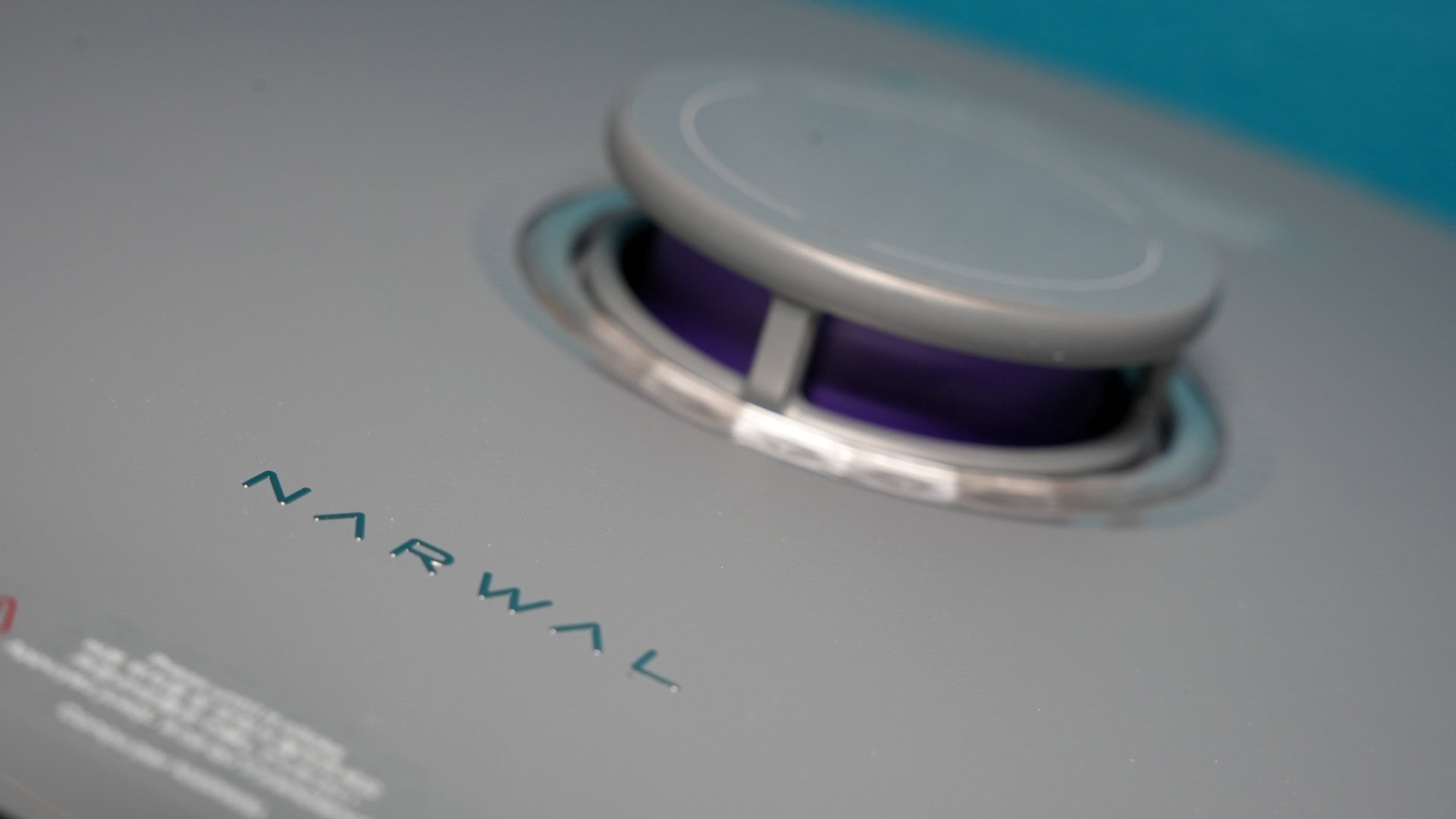DeFlock is an open-source project designed by an Alabama software engineer with the aim of helping … [+]
A new open-source project called DeFlock is shining a spotlight on the widespread use of automated license plate readers as debates about surveillance and privacy remain front of mind for many. DeFlock enables communities to map and monitor the locations of ALPR cameras, empowering individuals to push back against unchecked surveillance practices.
Flock And Other ALPRs Under the Microscope
Automated license plate readers are electronic devices designed to capture and store license plate data from passing vehicles. While these tools are widely promoted by law enforcement to combat crime, their expanding presence has sparked concerns over privacy and accountability. Critics argue that ALPRs can be misused for mass surveillance, tracking individuals’ movements without their knowledge or consent.
Flock Safety: A Dominant Player in ALPR Technology
Flock Safety is a private company that provides ALPR technology primarily to neighborhoods, homeowners’ associations and law enforcement agencies. Its cameras, marketed as tools for crime prevention, capture and store detailed information about vehicles, including license plate numbers, timestamps and locations.
Flock has positioned itself as a leader in surveillance innovation, promoting its systems as essential for public safety. However, critics argue that its approach prioritizes widespread data collection over privacy protections. The company’s network of cameras is rapidly expanding into residential areas, raising concerns about how this data is stored, who has access to it and whether it’s being used responsibly.
Putting the ‘Flock’ In ‘DeFlock’—Why Flock Safety Is Controversial
Flock Safety has faced increasing scrutiny for its business model and the potential misuse of its data. As detailed in my article, “Warrantless Surveillance: Federal Lawsuit Challenges Flock Safety Cameras,” a federal lawsuit has been filed alleging that Flock’s systems enable unconstitutional warrantless surveillance. Key concerns include:
Warrantless Surveillance: Flock Safety’s cameras record vehicle data 24/7, even in residential neighborhoods, creating a detailed log of where vehicles have been. Critics argue that this constitutes surveillance without individual consent or a warrant.
Broad Data Sharing: Data collected by Flock Safety cameras is often shared with law enforcement agencies through its cloud-based platform. This raises questions about who owns the data and how it can be used.
Lack of Oversight: With thousands of cameras deployed across the U.S., critics argue that there is insufficient oversight or regulation to ensure the technology is not misused, as illustrated by senior writers Thomas Brewster and Cyrus Farivar in their reporting of Flock’s installation and operation of devices without obtaining permission.
Targeted Deployment in Marginalized Communities: Advocacy groups have raised concerns that Flock Safety’s technology could disproportionately target or monitor individuals in marginalized communities, exacerbating systemic biases.
Public Pushback Grows
Flock Safety’s expansion has triggered a growing wave of public pushback. Neighborhood groups, privacy advocates, and legal experts are questioning whether these systems strike the right balance between public safety and individual privacy.
DeFlock’s work aligns with this movement, giving communities a tool to better understand and respond to the presence of ALPRs. By identifying where cameras are installed and how they operate, DeFlock empowers individuals to challenge the deployment of surveillance systems and advocate for privacy protections.
If you have spotted an ALPR camera in your area, you can help DeFlock track it by following the instructions on their website.







/cdn.vox-cdn.com/uploads/chorus_asset/file/25333634/openai_sora_screen.png)
